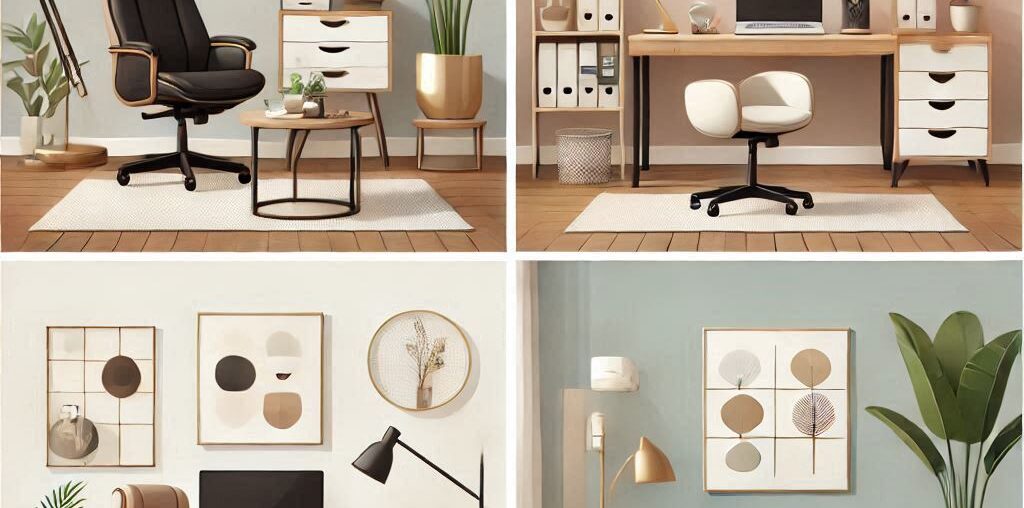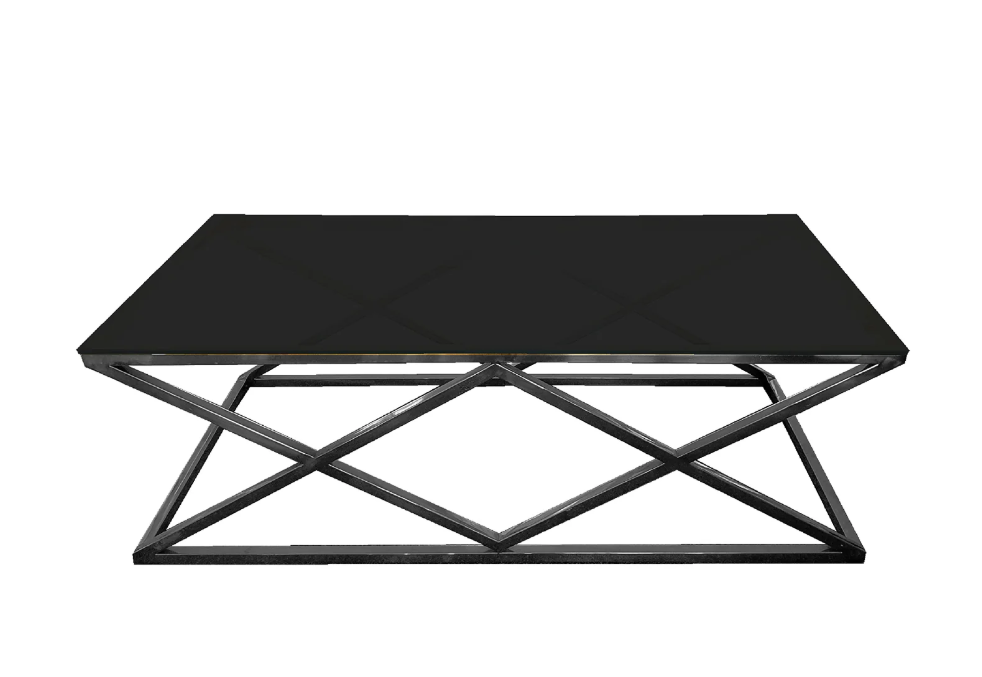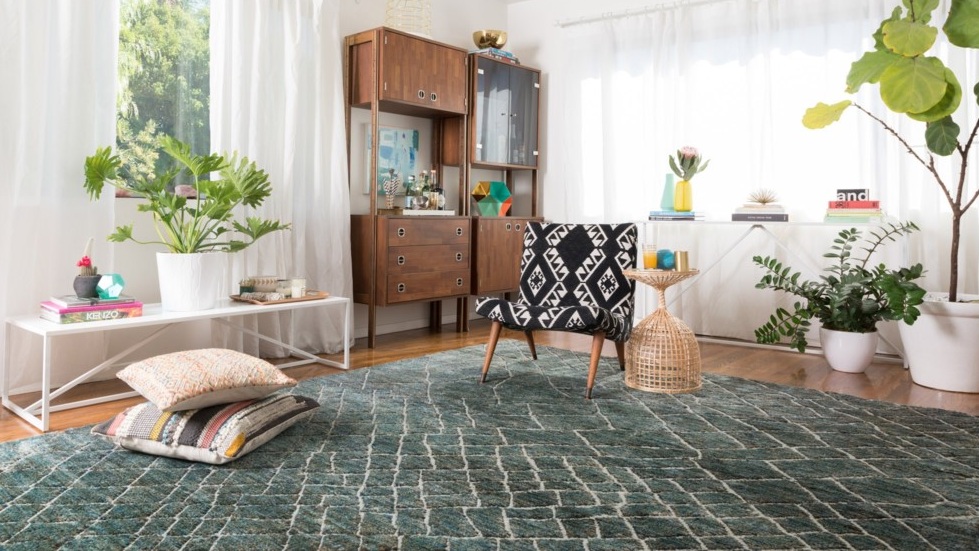The UK office furniture industry has undergone significant transformations in recent years, adapting to changing workplace dynamics and evolving consumer preferences. With businesses rethinking office layouts and employees increasingly working in hybrid models, the demand for innovative and ergonomic furniture solutions continues to grow.
Market Overview
The office furniture market in the UK has seen consistent growth, driven by companies expanding their office spaces and investing in modern furnishings. The increasing focus on employee comfort, productivity, and well-being has fueled the demand for ergonomic chairs, adjustable desks, and modular office setups. Future growth is expected to be shaped by a combination of economic conditions, workplace trends, and evolving design preferences.
Impact of Hybrid Work Models
The shift towards hybrid work models has significantly influenced the office furniture industry. With many employees splitting their time between home and office, there is a growing demand for flexible furniture that can be used in both environments. Employers are reconfiguring office spaces to accommodate collaborative work while ensuring remote employees have comfortable and efficient home office setups. This shift has led to an increased interest in compact, multi-functional, and space-saving furniture solutions.
Sustainability and Environmental Considerations
Sustainability is playing an increasingly important role in the industry. Consumers and businesses are looking for furniture made from eco-friendly materials such as recycled components and responsibly sourced wood. Manufacturers are focusing on reducing waste, using sustainable production methods, and creating long-lasting products that minimize environmental impact. This shift aligns with broader efforts to promote corporate social responsibility and environmental consciousness in workplace design.
Emerging Design Trends
Workplace aesthetics are evolving, with a growing preference for furniture that combines functionality with modern design. Softer lines and curved forms are replacing traditional straight-edged furniture, creating a more inviting and comfortable office environment. Modular and reconfigurable furniture is also gaining popularity, allowing businesses to adapt their layouts as workplace needs change. Additionally, the use of natural materials and neutral color palettes is becoming more prevalent, contributing to a calming and productive workspace.
Challenges Facing the Industry
Despite growth opportunities, the office furniture sector faces several challenges. Economic uncertainties can impact business investments in new office setups, leading to fluctuations in demand. Additionally, competition from both domestic and international suppliers means that manufacturers must continuously innovate to meet changing consumer expectations. The need for sustainable and high-quality materials, combined with rising production costs, also poses a challenge for businesses in the industry.
Future Outlook
The UK office furniture industry is expected to continue evolving. Driven by technological advancements, sustainability initiatives, and changes in workplace culture. Companies that focus on flexible, ergonomic, and environmentally friendly solutions are likely to thrive. As businesses navigate the balance between remote and in-office work. The demand for adaptable and well-designed furniture will remain strong, shaping the future of office spaces across the country.
The UK office furniture industry is at a pivotal point, influenced by shifting work patterns, sustainability efforts, and evolving design trends. By embracing innovation and addressing emerging challenges. The industry is well-positioned to meet the needs of the modern workplace. Ensuring comfort, efficiency, and sustainability for years to come.


